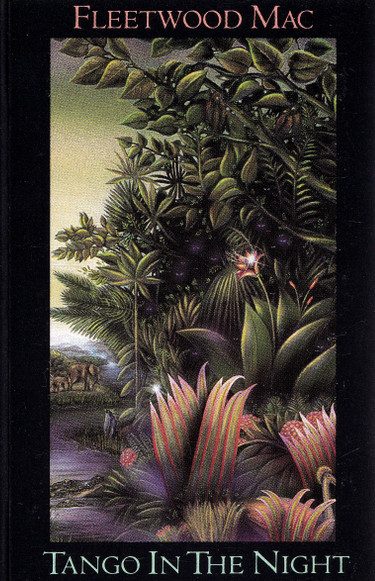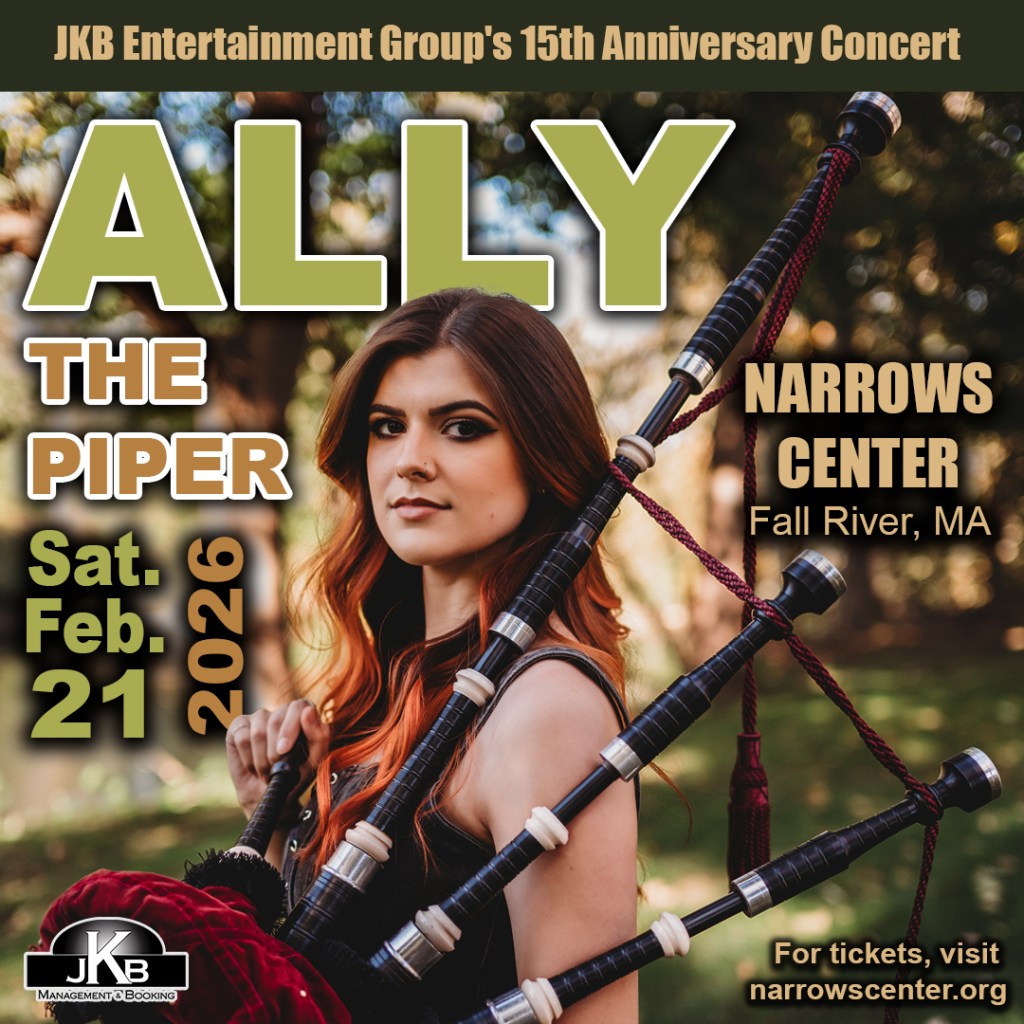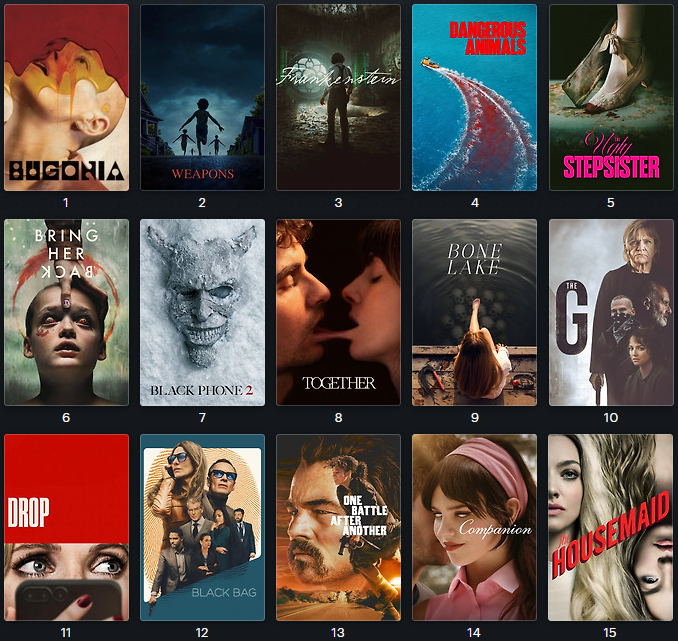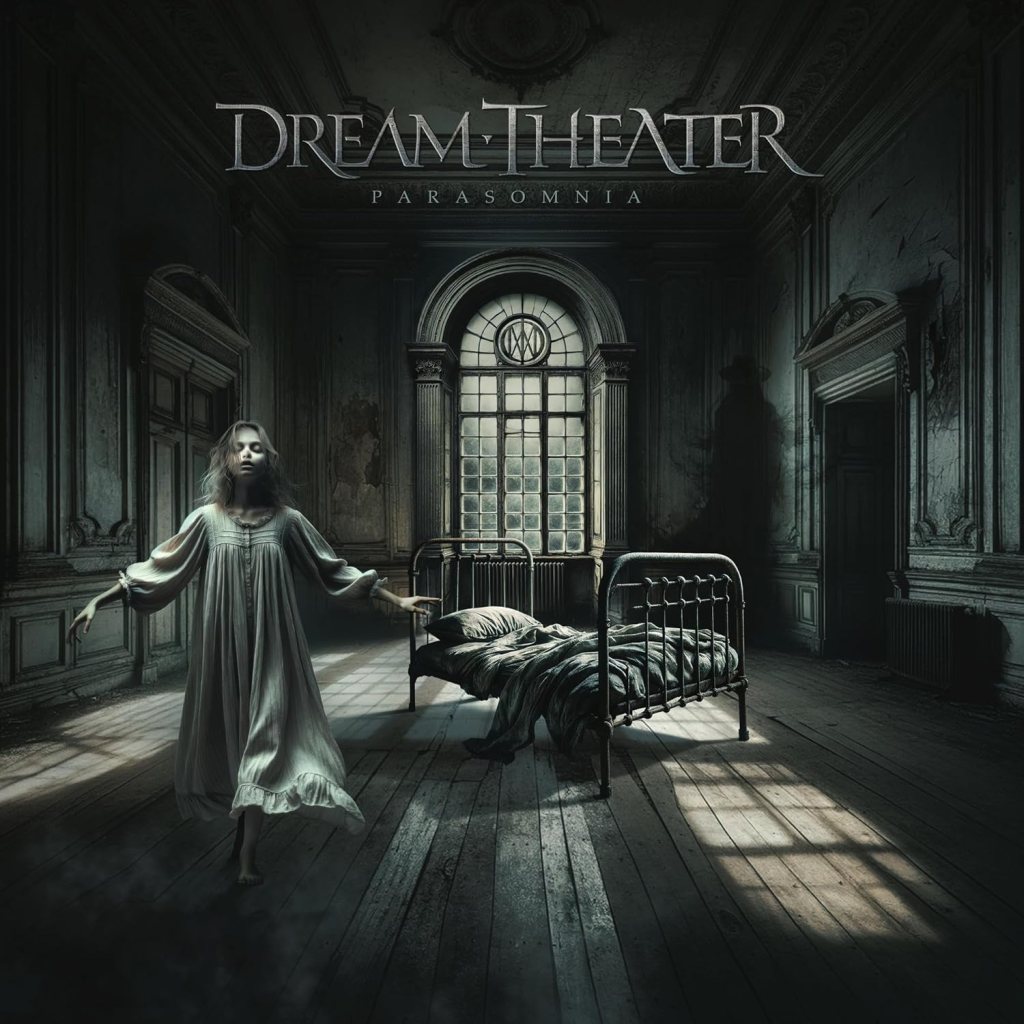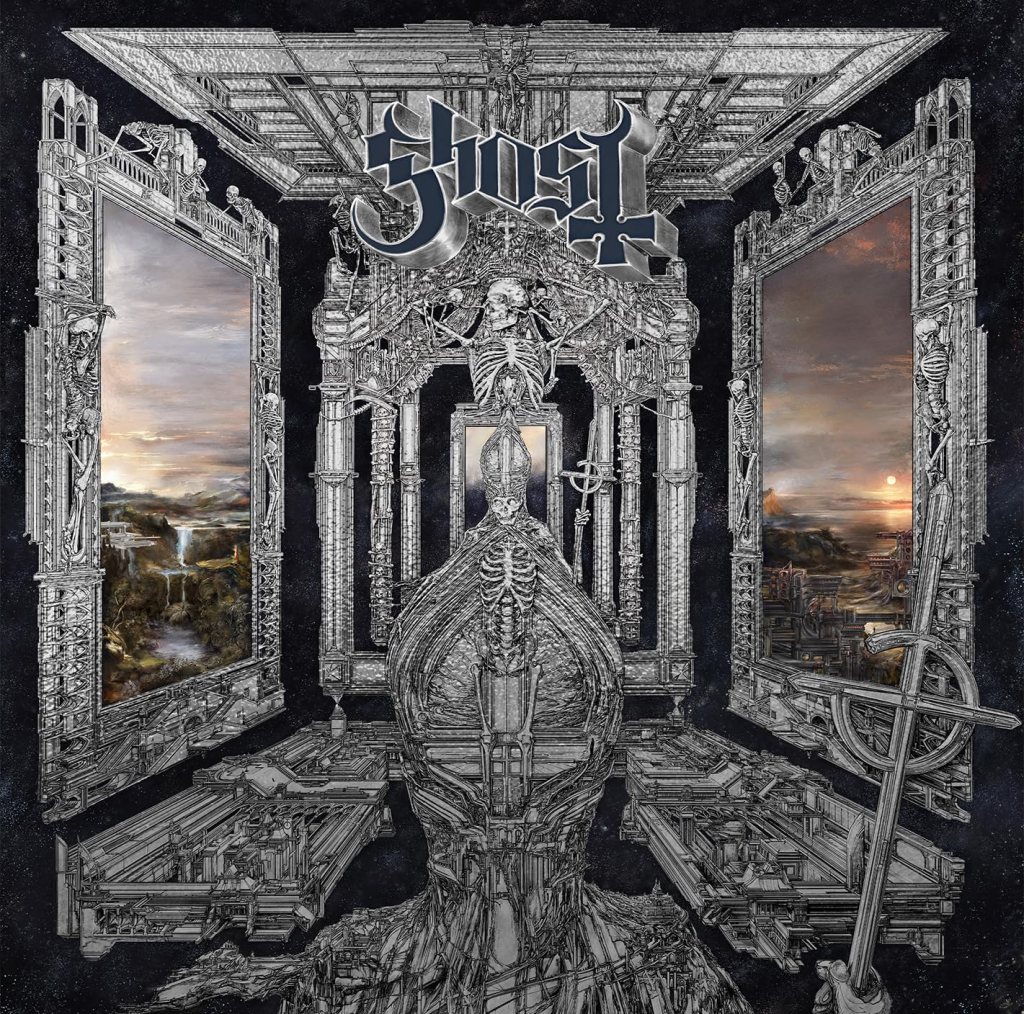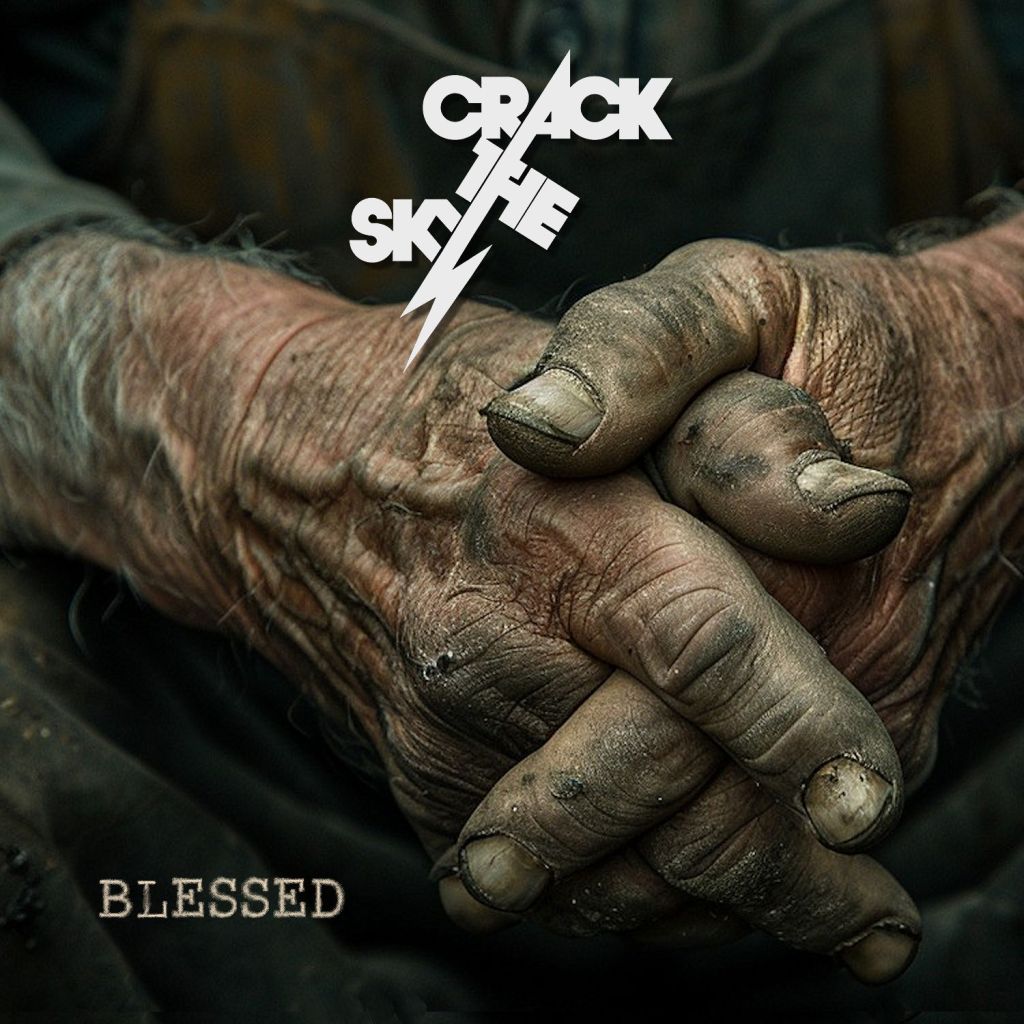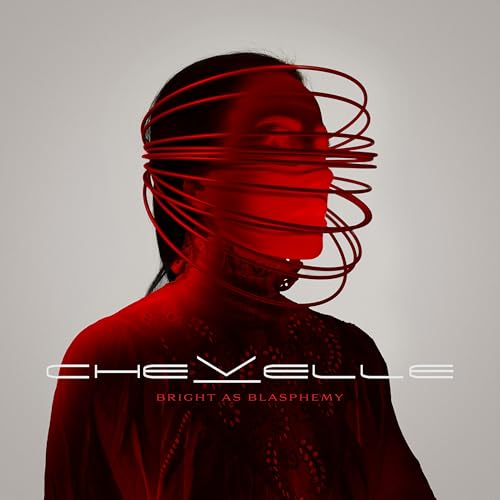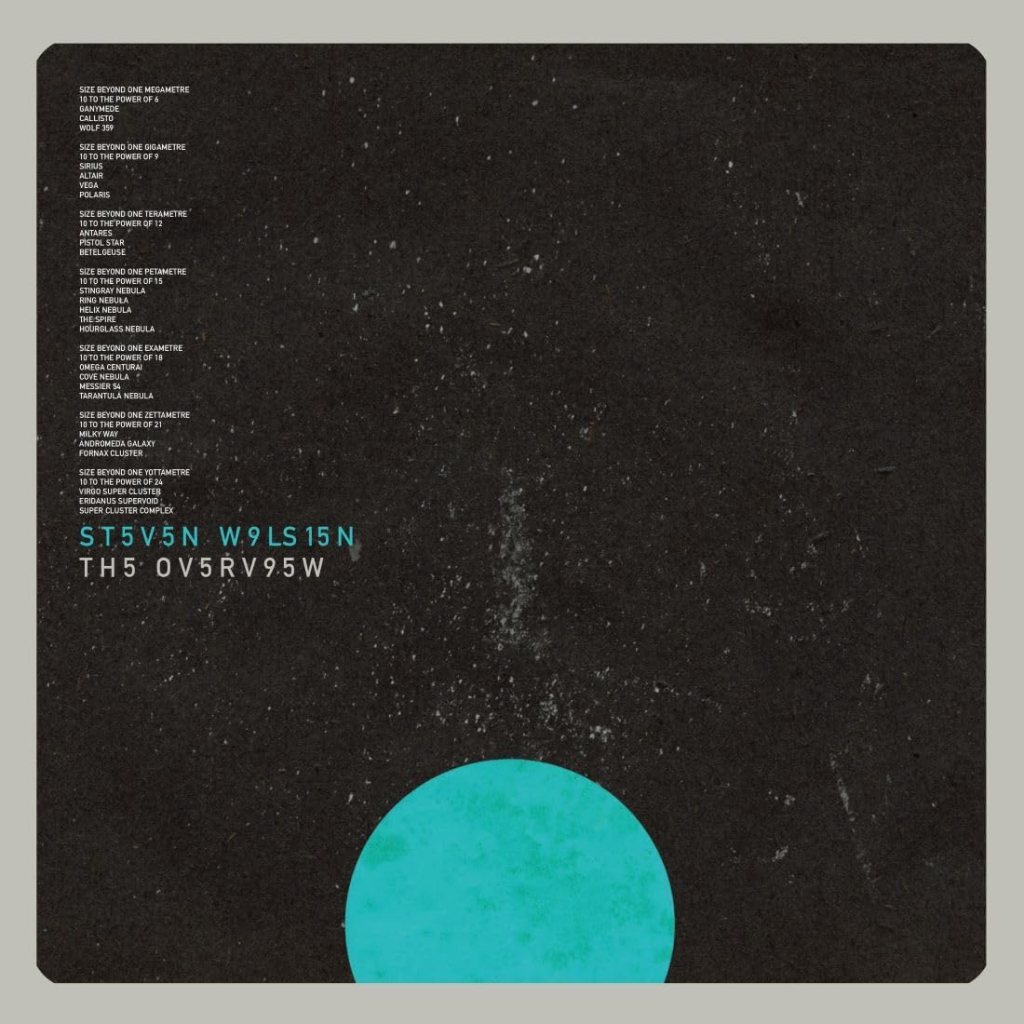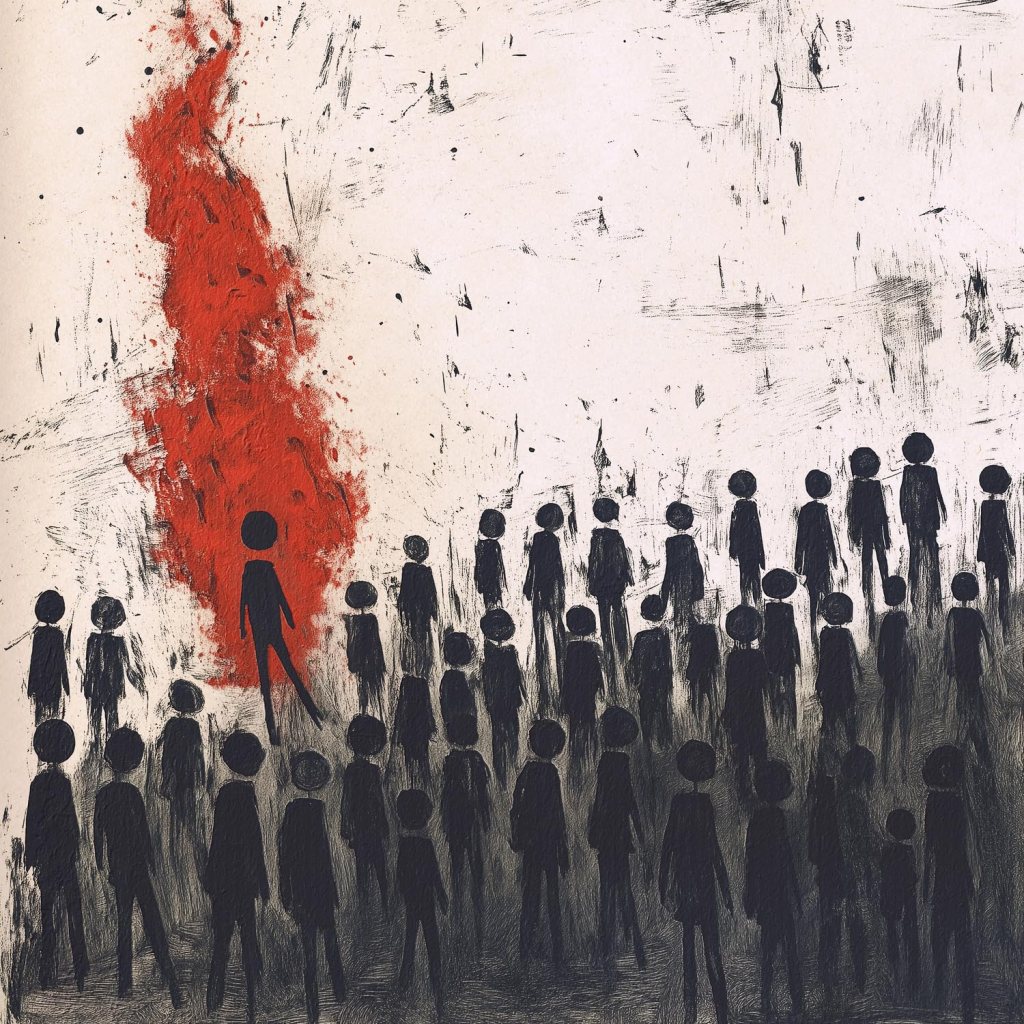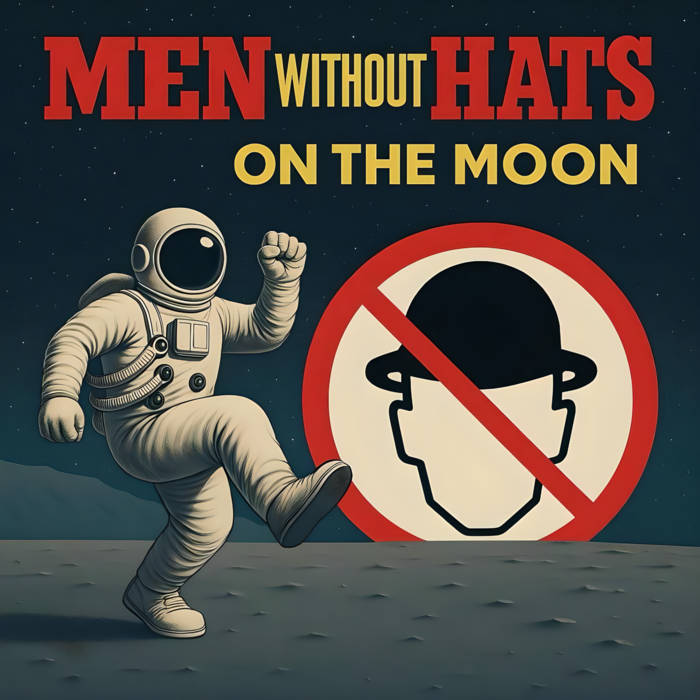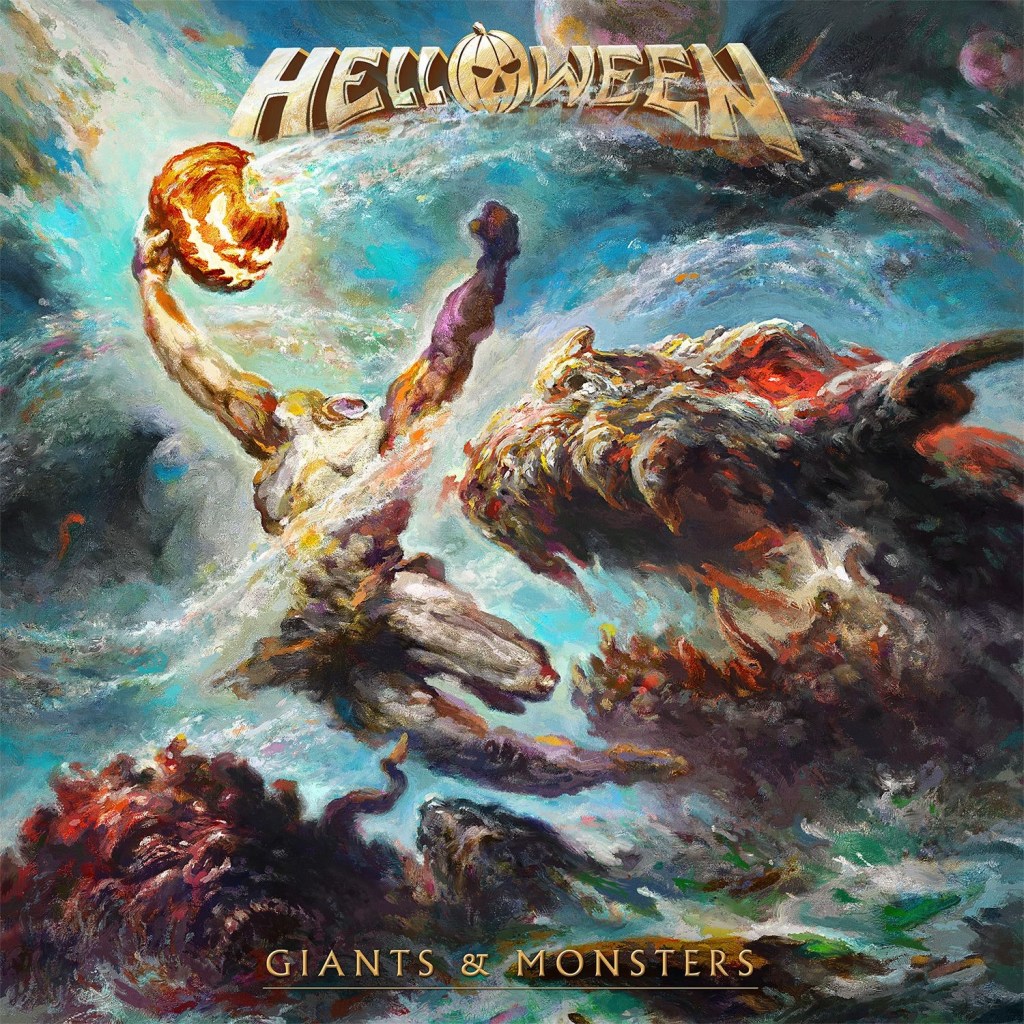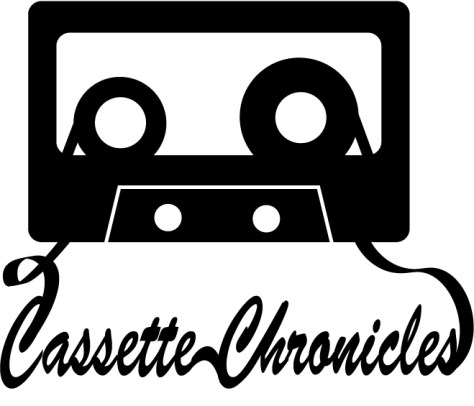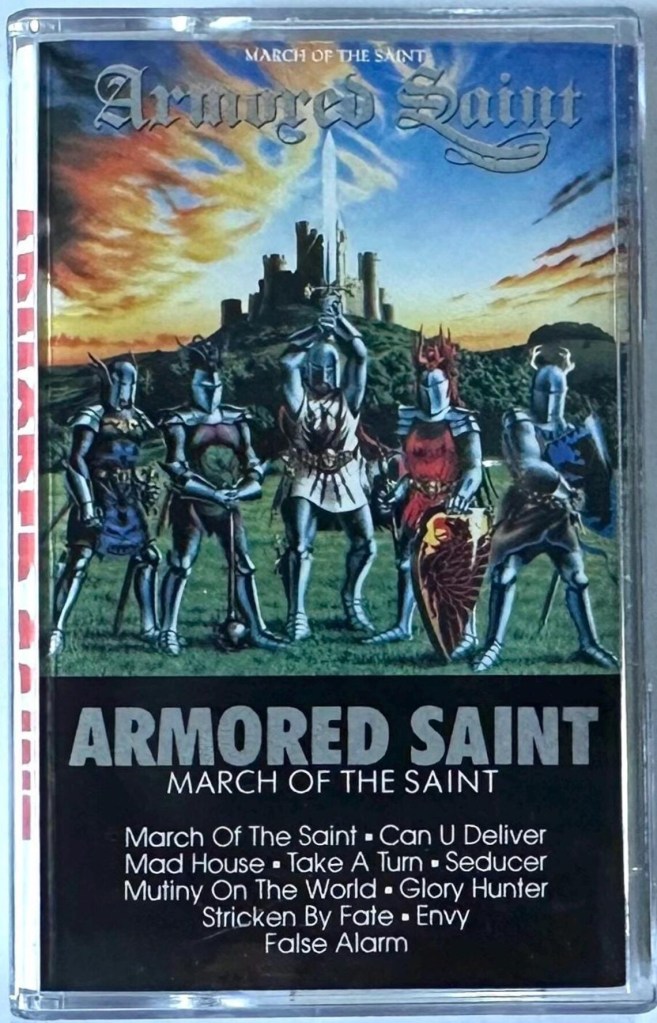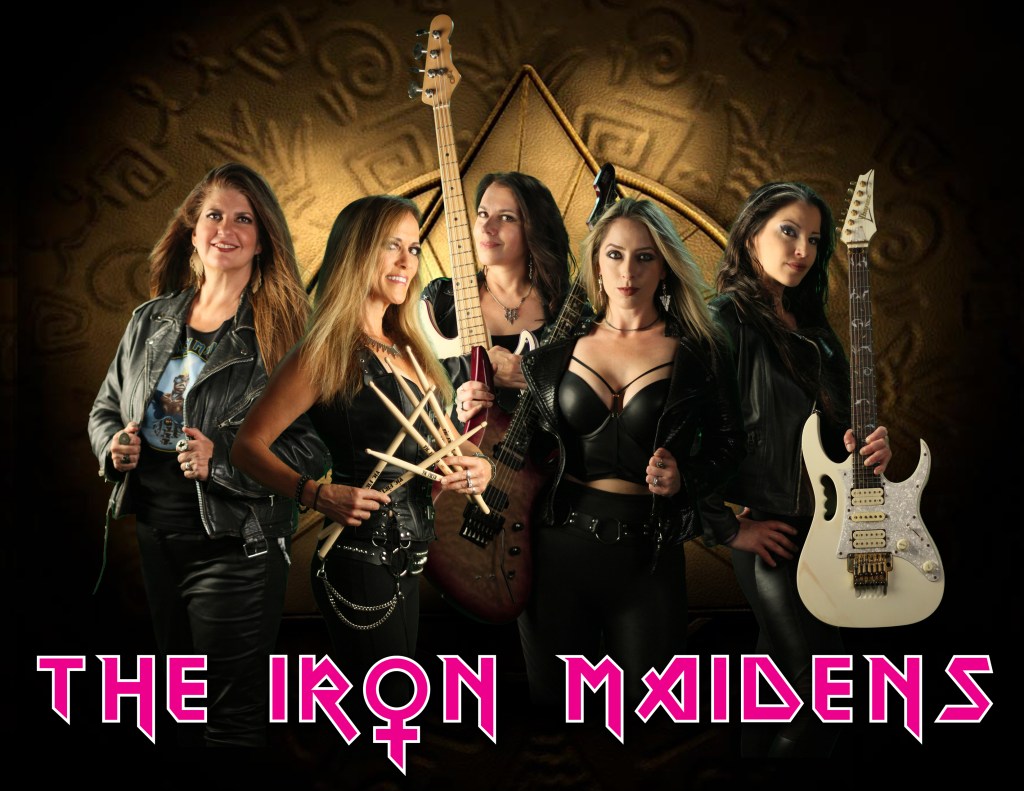By JAY ROBERTS
The Cassette Chronicles is a continuing series of mini reviews and reflections on albums from the 1980’s and 1990’s. The aim of this series is to highlight both known and underappreciated albums from rock, pop and metal genres from this time period through the cassette editions of their releases. Some of the albums I have known about and loved for years, while others are new to me and were music I’ve always wanted to hear. There will be some review analysis and my own personal stories about my connection with various albums. These opinions are strictly my own and do not reflect the views of anyone else at Limelight Magazine.
FLEETWOOD MAC – TANGO IN THE NIGHT (1987)
While Fleetwood Mac is best remembered and classified as a 1970s classic rock band, it seems that a lot of people tend to forget that one of their best-selling albums actually came out in the late 1980s.
And for me, as much as I join in on the love that everyone else has for the Rumours album, the band’s fourteenth studio album Tango in the Night tends to fluctuate with that aforementioned album as my personal favorite from the band.
That said, it’s been a good long while since I’ve listened to the album in full. But as I kick off the tenth year of The Cassette Chronicles, the timing is perfect to listen once again. One of the reasons I decided to write about Tango in the Night is because I’ve recently been hanging out at my friend Roger’s record shop, Purchase Street Records, and I’ve noticed an awful lot of Fleetwood Mac (and associated side project) albums being picked up by the customers. Customers who were perhaps twenty or twenty-five years away from being born when the band was in their 1970s heyday. And yet, I haven’t seen many people picking up Tango in the Night. This seems like a rather dramatic oversight on their part in my opinion.
The production process for the album was long and involved. It originally started as a solo album project for guitarist Lindsey Buckingham that morphed into a full-fledged Fleetwood Mac album. For a quick recap of everything that went into the making the album, you should check out the Wikipedia page for the Tango in the Night album. It’s interesting reading and once again makes you wonder how anything ever got done by the band with all the various distractions and interpersonal issues going on in the band.
But that’s for you to discover for yourself, let’s talk about the music now.
The first thing to note is that six songs of the twelve on the album were released as singles. Four of them became Top 20 hits in the US. Three of those hits are the first three tracks on the album.
So when you hit play on Side One, you get the track “Big Love”. It features Buckingham on lead vocals. There’s a point counterpoint vocal with the alterating “oh-ah” phrase that sounds almost as if a couple is having sex. The funny thing that I never knew until looking up the album online for this article is that all the vocals are Buckingham and not a female (a lot of people thought it was Stevie Nicks apparently).
There’s a cool guitar line running throughout the song and while the track doesn’t totally cut loose in full, the decidedly uptempo pacing made it perfect for the album’s first single. A fact confirmed by the fact the song hit #5 on the singles chart.
While Stevie Nicks wasn’t nearly as involved in the creation of Tango in the Night (for a variety of reasons I’m not going to go into here, read about it on your own), I think she delivered a fantastic contribution with the song “Seven Wonders”. It’s a bit slower in tempo though the chorus does unfurl a more rocking tempo. While Nicks does get a co-writing credit, the song was mainly written by songwriter Sandy Stewart who had worked with Nicks on her The Wild Heart solo album. The song made it to #19 on the singles chart and I love the way the vocal from Nicks comes through in the song. One thing I noted is that while the song’s run time is on par with the rest of the tracks on the album, I got so swept up in this one that it feels somehow shorter, though no less impactful.
For the song “Everywhere” (which peaked at #14 as a single), Christine McVie sang lead on the track which she wrote as well. It’s strange that since her passing back in November 2022, I’ve been becoming more interested in the various material of hers that I hadn’t checked out or at least paid enough attention to over the years. Of course I know the big tracks she was instrumental in bringing forth, including one which I’ll be writing about in this article, but it’s the other stuff that I’ve slowly been checking out. And while a hit single like “Everywhere” doesn’t technically fall into the “other stuff” category, I think as I listened this time around I really got into the song perhaps a bit more than I had before.
I was reading up on the song and apparently when the album came out, “Everywhere” was a track that a lot of critics at the time dubbed as the best song on the album. I can see what they were thinking (though I don’t quite agree). It has a softer delivery, even with a quickened step musically. The weird thing for me is that Stevie Nicks provides the backing vocals to the song but it really doesn’t sound anything like her at all. For the longest time I thought it was someone else in the background. It’s just a pretty damn cool song that I found myself enjoying almost as if it was the first time hearing it.
As I said, those three songs were singles from the first side of the album. But we have three other tracks on Side One to get into and that starts with the song “Caroline”. I think this is an underappreciated song. Written and sung by Lindsey Buckingham, there’s a bit of an atmospheric mood to the song. The main lyrical portions establish that mood with its instrumentation and a slightly restrained feel to the vocal track. For the song’s chorus, there is an amped up delivery in both terms of the tempo and the gang vocal presentation. Embarrassingly, as I listened to the song for research, my own bad singing was part of that gang vocal sound. What can I say, I just really like this song.
The album’s title track is pretty damn cool. I like the way you get kind of a soft pedaled delivery in the song’s main portions. It’s almost as if they are trying to be a spare as possible in the presentation leading up to the chorus. That’s where the song really picks up with an explosively delivered chorus and the instrumental score goes from a bit more sparse to rocking and lush. And the outtro guitar solo is freaking phenomenal!
The Side One closing track is “Mystified” and if there’s a track on here that I like a bit less than all the others it is this one. Written by Buckingham and McVie (who sings lead), I just felt as if this one was too soft and “gauzy” in its delivery. It’s not that it is a bad song, it is just that even amidst all the other “pop” and or “soft” rock, this one was just not one that really hit it off with me.
For Side Two, we get the fourth of the singles released from Tango in the Night that charted right out of the gates in the song “Little Lies”, which hit #4 on the singles chart. For me, this is one of my all-time favorite Fleetwood Mac songs. From that sleek intro to kick off the song, straight through to the end, this is just a damn fine track. With Christine McVie singing lead, and both Buckingham and Stevie Nicks adding in backing vocals, the group’s three singers all make their mark on the song. I love the way McVie’s silky smooth delivery fuels the song. But I like the way Stevie Nicks comes through in the chorus with her starkly different sounding vocal tones. It enhances the overall combined vocal track for me. The song is deceptively uptempo. It doesn’t really feel that way in the main lyrical portions of the song, but the chorus finds the rocking tone amped up to give a nice rise and fall edginess to the track as well.
The other two songs on Tango in the Night that were released as singles were “Family Man” and “Isn’t It Midnight”.
For “Family Man”, it was almost entirely a Lindsey Buckingham creation. He had most of the song set as it was going to be included on that abandoned solo album. He played everything on the song except for the drums (which were of course played by Mick Fleetwood). Other than some backing vocals from Nicks, this was Buckingham’s show. It’s an okay song but I think the most impressive part of the whole thing was the guitar playing on the track. If what I read online is accurate, it is a Spanish guitar playing style and within the framework of the song, it works wonderfully.
For “Isn’t It Midnight”, there’s an uptempo rocking beat and rhythm to the song from the first note. There’s a nice guitar line threaded into the music though it is kind of in the background. You can hear it but it isn’t the focus. Of course, it does get to shine right out loud in the solo and throughout the ending of the track. But what makes me like this song is that it rocks a lot “harder” than a lot of Fleetwood Mac’s material.
The first of two songs that Stevie Nicks wrote on her own is “Welcome to the Room…Sara”. It’s a song about her 1986 stay in rehab. Pretty stark subject matter, no doubt. One thing I noticed is that when Nicks is singing the main lyrics, her voice sounds just a bit different to me, particularly in the first lyrical stanza. I don’t know if it was simply a production choice for her vocal to sound “unadorned” or if her voice was different somehow. In the chorus, her voice sounds more like the classic “Stevie Nicks” sound you might expect. Musically, I like the way the sound surrounds those vocals and lets them guide where the song is taking you.
The second Nicks-written song “When I See You Again” is a straight up ballad. With an spare guitar accompanying her vocal, the song has a sense of immediacy to it. I also liked that it doesn’t change styles through the track. What you hear at the start is how the song carries itself throughout but it works.
The album closes out with the song “You and I, Part II”. There’s a nice little melodic sensibility to the song. I do kind of dig the track a lot. But I’ve always wondered why it is the shortest number on the album. It’s these little questions that pop up that tend to drive me batty. The whys and wherefores of a particular song and what choices went into the finished track. But regardless of where my brain takes me, I still do quite like the song.
What is left to say about the Tango in the Night album? It was the last BIG studio album of the band’s career and it is chock full of great songs. I absolutely love the album and as I said at the start, it is so good that for me it challenges Rumours as the best Fleetwood Mac album. What higher praise can there be than that?
NOTES OF INTEREST: The Tango in the Night album peaked at #7 on the Billboard album chart. It would go on to sell three million copies in the US (fifteen million worldwide) making it the second biggest selling album of the band’s catalog. The album got a deluxe edition reissue in 2017 that included three CDs, the second disc featuring thirteen rare, bonus or outtake tracks.
While Lindsey Buckingham was a major driving force in producing and writing for the Tango in the Night album, he quit Fleetwood Mac before the tour for the album.
The album’s cover art is from a painting that was hanging in Lindsey Buckingham’s house at the time.

